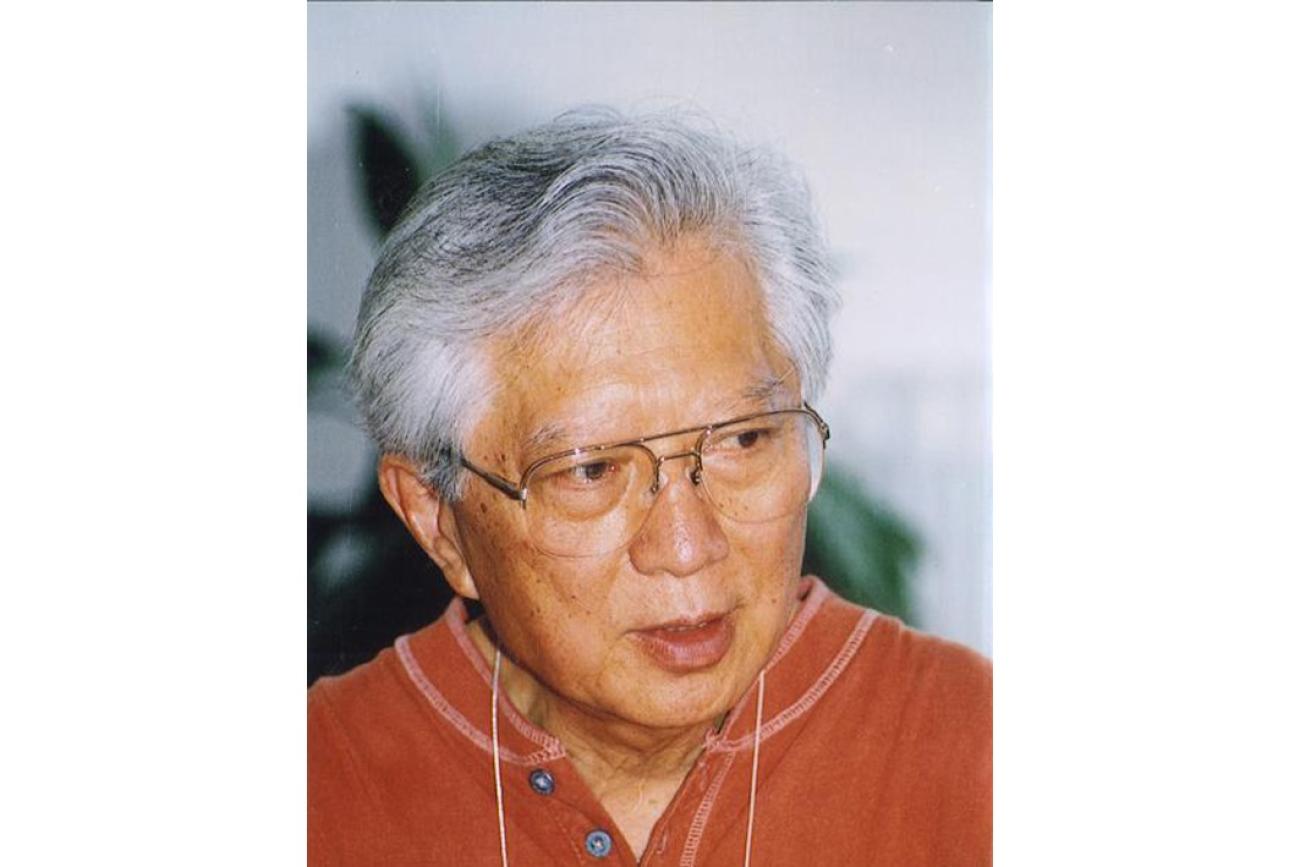CCA mourns the passing of Dr C. S. Song and reflects on the legacy of a luminary Asian theologian

Chiang Mai, Thailand: Rev. Prof. Dr C. S. Song, a renowned theologian and distinguished Professor Emeritus of Theology and Asian Cultures at the Pacific School of Religion, passed away on the morning of 26 November 2024 at the age of 95.
Born in Tainan, Taiwan, C. S. Song received his early education while Taiwan was under Japanese rule. He later studied at the University of Edinburgh and the Union Theological Seminary in the USA, where he earned his PhD six decades ago.
He served as the Principal of the Tainan Theological College of the Presbyterian Church in Taiwan, Visiting Professor at Princeton Theological Seminary, Director of Study for the World Alliance of Reformed Churches, Secretary for Asian Ministries of the Reformed Church in America, and Associate Director of the Faith and Order Commission of the World Council of Churches.
He was also actively involved in the Christian Conference of Asia’s (CCA) theological commissions and education programmes during the 1970s and 1980s.
While expressing deep condolences on the passing of Dr C. S. Song, CCA General Secretary Dr Mathews George Chunakara recollected Dr Song’s remarkable contributions. He highlighted how Dr Song influenced generations of Asian theologians and theological educators, sensitising them to the need for “awakening the task of Asian theology”. Dr Song believed that “Asian theologians are obligated to articulate an Asian Christian theology whose God should be comprehensible to Asian people in their context”.
“Prof. C. S. Song was one of the most creative and distinguished theologians of our time, making profound contributions to contextual theology and narrative theology rooted in Asia’s cultural realities. He wrestled with the question of how theology could ‘reclaim Asianness’ and remain relevant to Asian cultures”, stated Dr Mathews George Chunakara.
The CCA General Secretary added that, by articulating his theological vision with sharp acumen and sound reasoning, Dr Song helped numerous theological educators and students worldwide sharpen their contextual theological perspectives.
“He believed that God’s redemptive work is present in all cultures, even so-called ‘non-Christian’ ones. Asian Christians, therefore, are obligated to develop a theology born from the ‘womb’ of Asia, reflecting its intuitive and story-oriented thinking, which differs from the Western focus on logic and rationality”, further stated Dr Chunakara.
Dr Song argued that cultures and stories are not external to people but are intrinsic to them. He emphasised that storytelling in hermeneutics is one of the most relevant resources for theological construction, serving as a vital means for understanding people's struggles, hopes, and experiences arising from their suffering and anguish.
Dr Song was convinced that “Asian Christians can no longer rely on the traditional theological resources of the Western world but must take up responsibility to theologise their own Asian experiences by using Asian resources”. He emphasised that “doing theology with Asian resources” must become central to Asian contextual theological construction.
He contended that, since God’s mission in creation and incarnation involves imparting Himself, Christian mission should likewise be about imparting oneself, as shaped by the love of God in Christ. He often criticised institutionalised Western Christian missions for losing the dynamic of incarnation and firmly rejected the notion that Western Christianity was Asia’s only theological alternative.
Dr Song argued that the “Western God” often felt distant to Asian people. He believed that Christianity, imported into Asia from the West, had been shaped and packaged by Western philosophy and culture. C. S. Song struggled for liberation from the dominance of Western theology, even though he was exposed to it throughout his entire theological training. Hence, he asserted, “The Christian God should not only be a God of the West but also a God of the Asian people. This God must be personal and relational for the Asian context".
Dr Song’s theology was deeply influenced by Taiwanese theologian Dr Shoki Coe (Ng Chiong-Hui), a proponent of the "contextualisation of theology." Dr Coe’s advocacy for contextual theology in Taiwan strongly resonated with Dr Song’s vision.
Michael S. Moore, Director of the Arizona Research Center for the Ancient Near East in his study on 'A Critical Profile of Choan-Seng Song's Theology' described Dr Song’s theological voice as “a strong coloratura soprano in a lively chorus of Asian, African, and Latin American voices — poetic, expressive, sometimes ethereal, sometimes ear splittingly penetrating, usually in the upper registers, seldom in the lower, able to harmonize with other voices, yet able to sing the melody line by himself. His is a voice raising new questions, singing new songs, challenging old interpretations of traditional scores, recreating new ones”.
While paying tribute to the late Dr C. S. Song and recollecting the luminary Asian theologian, the CCA General Secretary further added, “The CCA honours Dr C. S. Song’s extraordinary legacy and his unwavering commitment over decades to contextualising the Christian faith in Asian cultural narratives. His vision and theological insights will continue to inspire the Church and the ecumenical movement, especially the theological academic community across Asia and beyond”.










